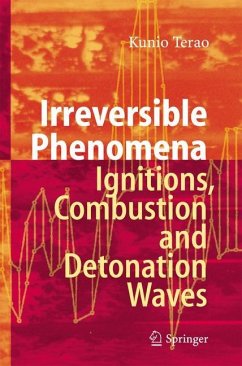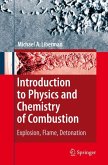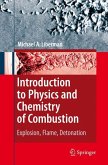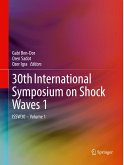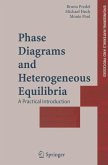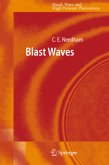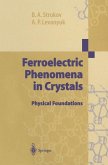Ideals are simple and able to be easily understood, but never exist in reality. In this book a theory based on the second law of thermodynamics and its applications are described. In thermodynamics there is a concept of an ideal gas which satisfies a mathematical formula PV = RT. This formula can appro- mately be applied to the real gas, so far as the gas has not an especially high pressure and low temperature. In connection with the second law of thermo- namics there is also a concept of reversible and irreversible processes. The reversible process is a phenomenon proceeding at an infinitely low velocity, while the irreversible process is that proceeding with a finite velocity. Such a process with an infinitely slow velocity can really never take place, and all processes observed are always irreversible, therefore, the reversible process is an ideal process, while the irreversible process is a real process. According to the first law of thermodynamics the energy increase dU of the thermodynamic system is a sum of the heat dQ added to the system and work dW done in the system. Practically, however, the mathematical formula of the law is often expressed by the equation , or some similar equations derived from this formula, is applied to many phenomena. Such formulae are, however, th- retically only applicable to phenomena proceeding at an infinitely low velocity, that is, reversible processes or ideal processes.
From the reviews: "This book is focused on the latter applications and offers a rather unique viewpoint in comparison with the existing combustion literature. ... the central argument of the book and the subsequent applications are clearly laid out and discussed, resulting in a very interesting read. ... The book provides valuable access to numerous experimental and theoretical results less readily available in the English literature. ... The book should be considered a specialist ... ." (Joanna M. Austin, AIAA Journal, Vol. 46 (2), 2008) "In his book, Prof. K. Terao develops a theory based on the second law of thermodynamics and which intends to model irreversible phenomena. ... The paper ends with a list of references covering both the history and the current development of ignition processes. ... The book will surely be useful to engineers ... . Researchers will also find the description of experimental devices and experimental data concerning these irreversible phenomena." (Alain Brillard, Zentralblatt MATH, Vol. 1165, 2009)

